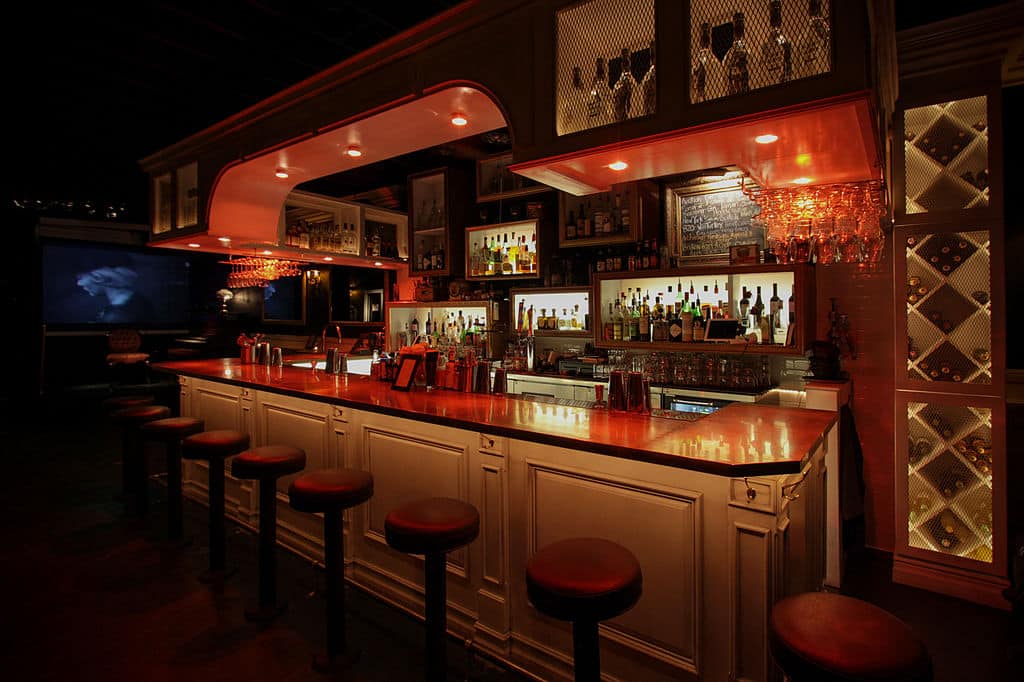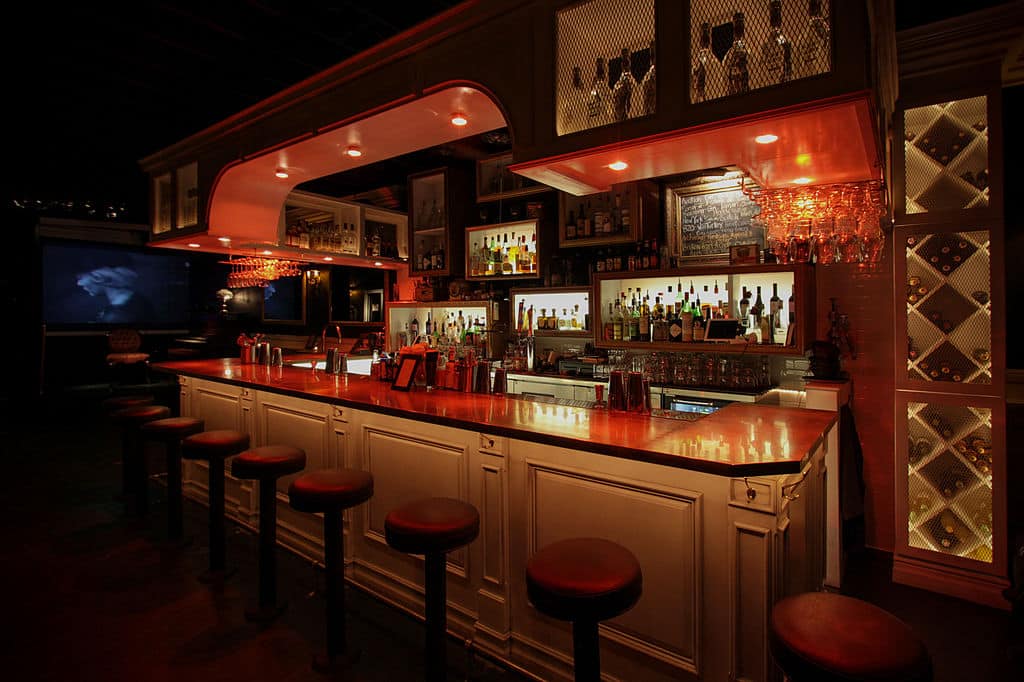
Booze control: Greenville and Pickens residents to vote on Sunday alcohol sales
1930’s inspired Casa Classic Cocktail Bar. Casa is located in Costa Mesa, CA. Photo: public domain.
Christian Segers, Assistant Editor
Greenville and Pickens county residents will be able to vote for more than just their next president on November 8, as they will also have the opportunity to vote as to whether or not their respective counties will continue the prohibition of alcoholic beverage sales on Sundays or allow it.
Greenville Online reports that the issue of Sunday alcoholic beverage purchases was asked to be put to a referendum by the creators of the Easley Town Center. The economic factor has driven the referendum’s momentum, as Easley Mayor Larry Bagwell pointed out.
Bagwell said, “We’ve been losing business from the city of Easley, going to Greenville, going to Clemson.”
While the United States has no federal mandate dictating whether or not alcohol can be sold on the Sabbath, many states at one time held laws requiring stores to put away their spirited drinks or close down to ensure the sanctity of the “Lord’s day.”
However, those days are long gone. Even in the Bible belt, a growing portion of states and local municipalities have begun to not only allow, but to openly advocate the purchase and consumption of alcohol, within convenience stores, grocers, bars and restaurants. In fact, Indiana is the only state that now holds a complete ban of all alcohol sales on Sunday.
On this year’s election day, Greenville and Pickens county ballots will include a down ballot portion, asking residents if, “…the state Department of Revenue should be authorized to issue ‘temporary permits for a period not to exceed twenty-four hours to allow the possession, sale, and consumption of alcoholic liquors by the drink to bona fide nonprofit organizations and business establishments authorized to be licensed for consumption-on-premises sales and to allow the sale of beer and wine at permitted off-premises locations without regard to the days or hours of sales.’”
In laymen’s terms, voters will vote yes or no to allow restaurants and businesses to sell beer, wine and other spirited drinks for public consumption on the Sabbath.
If passed, the two counties would add to the growing list of areas within South Carolina that have transitioned away from the ban. Cities in South Carolina that permit the sale of alcohol (excluding bottled liquor purchases) on Sundays already include: Beaufort, Berkeley, Charleston, Colleton, Dorchester, Greenwood, Lexington, Marion, Spartanburg, Anderson, Clemson, Greenville, Greer, Simpsonville and Travelers Rest, to name a few.
Tony Beam, a morning radio host and professor at North Greenville University, echoed the concerns many evangelicals have in regards to allowing the purchase of alcoholic beverages on Sundays.
Beam said, “For a long time, stores could not open on Sunday, because Sunday was recognized as a day of rest, biblically speaking, and the culture of the south supported that.” Beam goes on to mention how times have changed and that, “…alcohol sales are about the last stand (as far as what can and cannot be done on Sunday).”
America’s “blue laws” used to cover virtually all businesses in an effort to retain the holiness mentioned in Exodus 20, which states, “Remember the Sabbath day, to keep it holy. Six days you shall labor, and do all your work, but the seventh day is a Sabbath to the Lord your God.”

